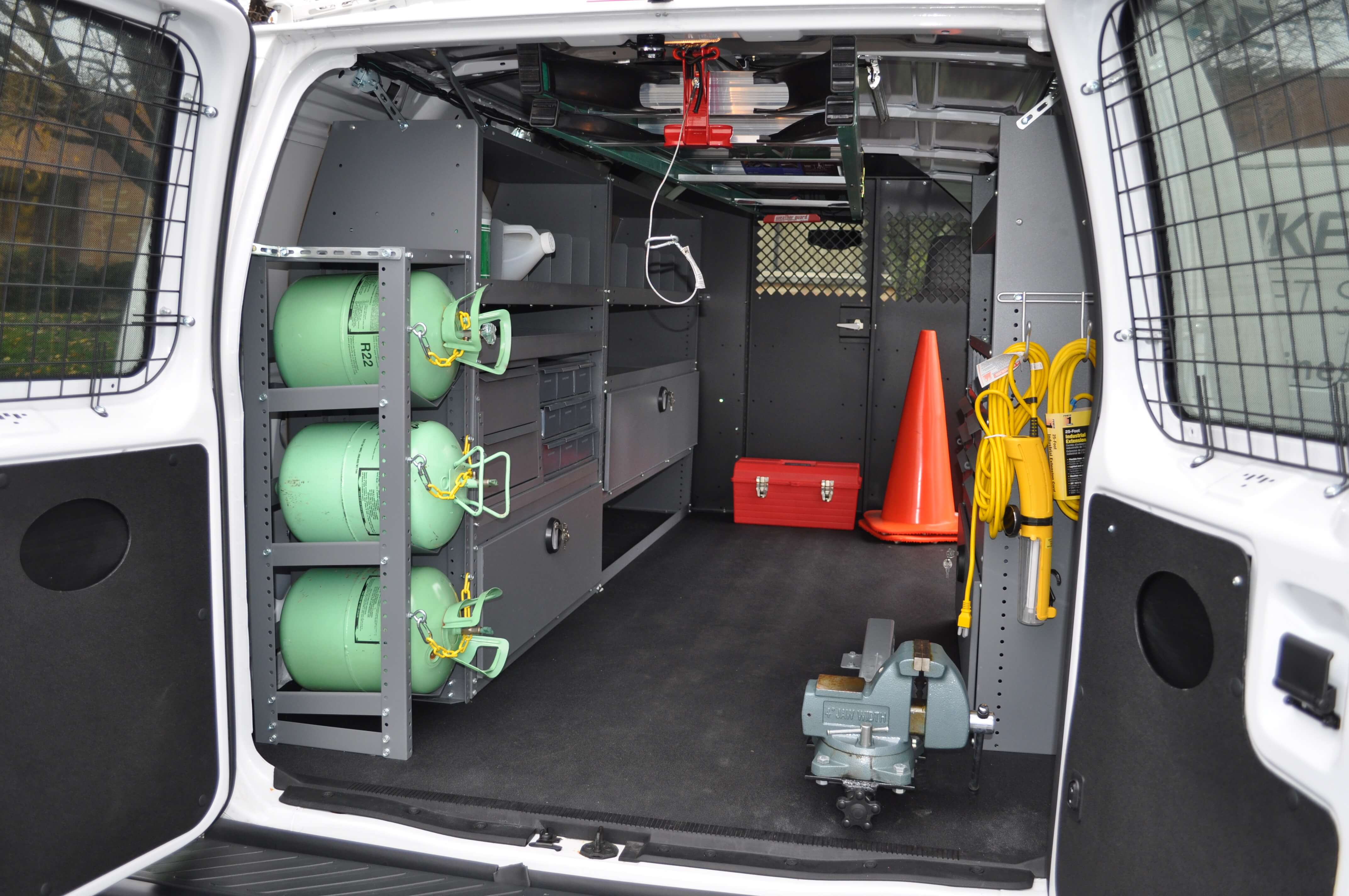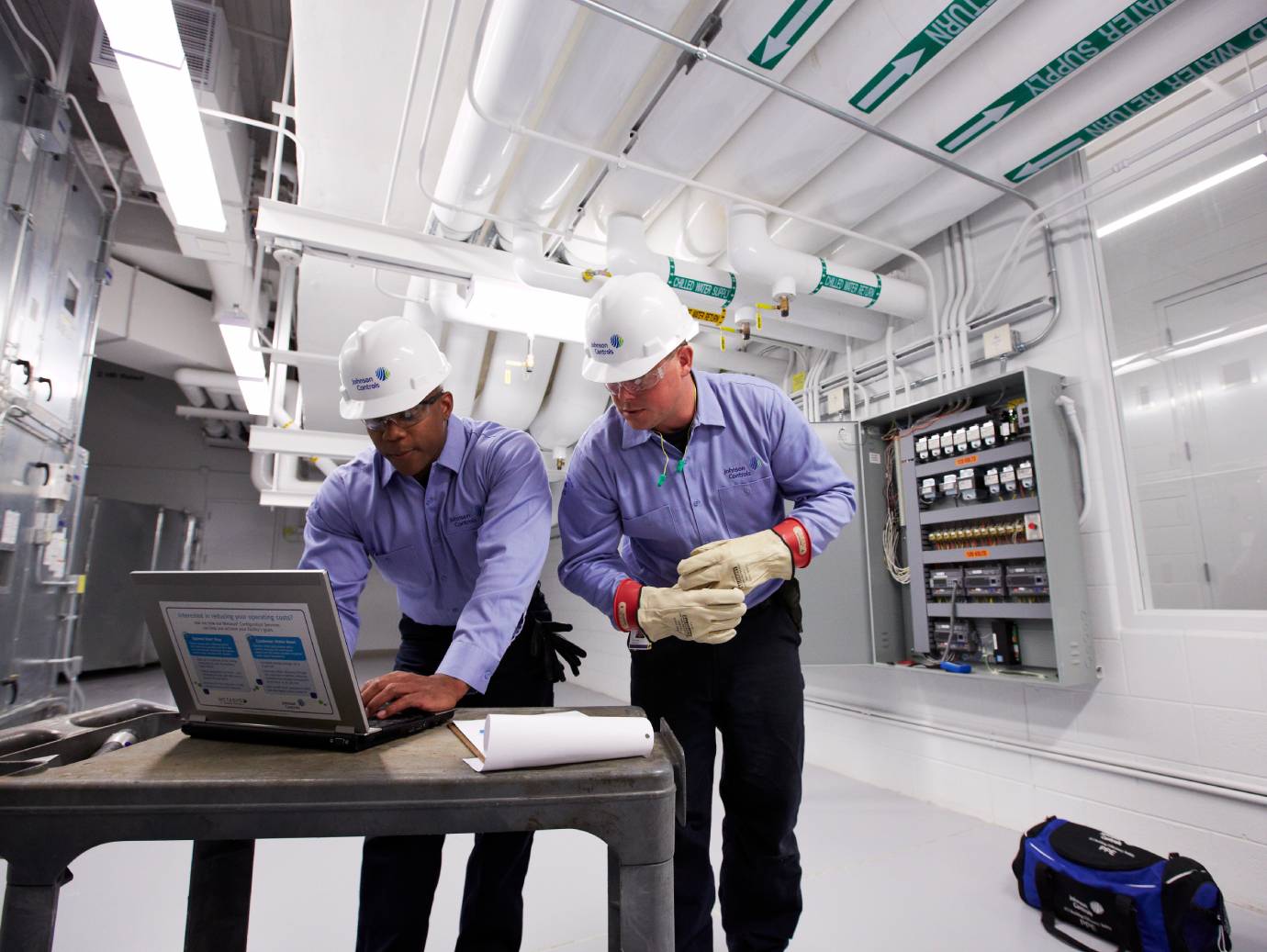Professional Services from DMAKS HVAC for Any HVAC Needs.
Professional Services from DMAKS HVAC for Any HVAC Needs.
Blog Article
Energy-Efficient Heating And Cooling Equipments to Reduce Utility Bills
As energy expenses proceed to increase, the importance of energy-efficient A/c systems ends up being progressively obvious. These systems not just assure considerable financial savings on utility costs but additionally add to a more lasting future by decreasing power usage.
Benefits of Energy-Efficient A/c Equipments
Energy-efficient Cooling and heating systems supply countless advantages that extend beyond plain price savings. By eating less power, these systems contribute to decrease greenhouse gas discharges, assisting to combat environment adjustment and advertise sustainability.
In addition, energy-efficient a/c systems commonly provide boosted convenience levels. Several of these systems feature sophisticated technology that permits for better temperature control and enhanced air quality (DMAKS HVAC). This causes a much healthier interior setting, which is especially essential for people with allergies or respiratory system concerns
Moreover, buying energy-efficient HVAC systems can boost building worth. As more consumers prioritize power efficiency, homes and buildings outfitted with these systems might bring in higher proposals in the property market.
Types of Energy-Efficient HVAC Options
How can homeowners and businesses select one of the most suitable energy-efficient a/c alternatives for their requirements? The market provides a range of energy-efficient a/c systems, each designed to improve convenience while decreasing energy intake.
One choice is the variable refrigerant flow (VRF) system, which efficiently regulates the temperature level in several areas within a building. This system adjusts its cooling agent flow to match the wanted temperature level, resulting in significant power cost savings.
One more prominent option is geothermal warmth pumps, which utilize the planet's steady temperature to heat and cool areas. By transferring warmth to and from the ground, these systems show remarkable performance, specifically in moderate climates.
Additionally, ductless mini-split systems provide an energy-efficient alternative for homes doing not have ductwork. These systems allow for zone-specific home heating and cooling, minimizing power waste in vacant areas.
Finally, high-efficiency furnaces and ac unit, with innovative SEER and AFUE rankings, provide reliable climate control while taking in less energy than typical designs. By reviewing these alternatives, homeowners and organizations can select a cooling and heating system tailored to their certain needs and power efficiency goals.
Key Functions to Think About

Next, explore the kind of compressor used in the system. DMAKS HVAC. Variable-speed compressors can change their output to match the home heating or cooling need, leading to improved comfort and power savings contrasted to single-speed versions. In addition, look for systems outfitted with clever thermostats that supply programmable setups and remote accessibility, allowing for better control over energy intake
Another critical feature is the system's air filtration capability. High-efficiency filters can boost interior air high quality and reduce power usage by ensuring the system operates effectively. Consider the type of refrigerant used; contemporary systems commonly utilize environment-friendly refrigerants that have a lower ecological effect.
Lastly, make certain that the system works with zoning innovation, which permits for tailored temperature level control blog in various locations of your home, improving convenience while reducing energy use.
Tips for Selecting the Right System


Next, consider power efficiency scores, especially the Seasonal Power Performance Ratio (SEER) for cooling systems and the Annual Fuel Application Performance (AFUE) for heater. Higher rankings indicate greater efficiency, which can result in significant financial savings on utility costs in time.
In addition, review the sort of a/c system that ideal suits your lifestyle and spending plan. Alternatives consist of air conditioning, ductless mini-splits, and warmth pumps, each with its very own set of advantages and drawbacks.
Don't overlook the relevance of appropriate installment and sizing; an incorrectly sized system can result in inadequacies and boosted wear. Consult with an expert Cooling and heating professional to obtain skilled referrals customized to your home's unique requirements. This detailed technique will make certain that you choose an energy-efficient a/c system that fulfills your demands and budget effectively.
Upkeep for Ideal Effectiveness
When the best HVAC system is in area, recurring upkeep ends up being key to ensuring optimal efficiency and longevity. A well-kept system runs better, causing lower energy intake and minimized utility bills. Routine evaluations and tune-ups should be set up at the very least two times a year-- when before the cooling period and when prior to the heating period.

Homeowners should additionally be attentive about monitoring their a/c system's performance. Uncommon noises, rising and fall temperatures, or increased power bills can show underlying concerns that require instant focus. By resolving these concerns without delay, house owners can protect against expensive repair services and extend the life expectancy of their systems.
Investing in an upkeep strategy with a certified service technician not only enhances efficiency but also offers assurance, understanding that the system is running at its ideal. DMAKS HVAC. Routine maintenance is consequently vital for sustaining power performance and reducing total functional costs
Conclusion
To conclude, energy-efficient heating and cooling systems present a practical service for minimizing energy costs while improving convenience and air quality. By incorporating advanced modern technologies and choices such as geothermal heatpump and ductless mini-splits, homeowner can achieve significant energy savings and add to environmental sustainability. Cautious factor to consider of system attributes and recurring upkeep additionally ensures ideal efficiency, making energy-efficient systems a sensible investment for both economic and eco-friendly benefits.
Report this page